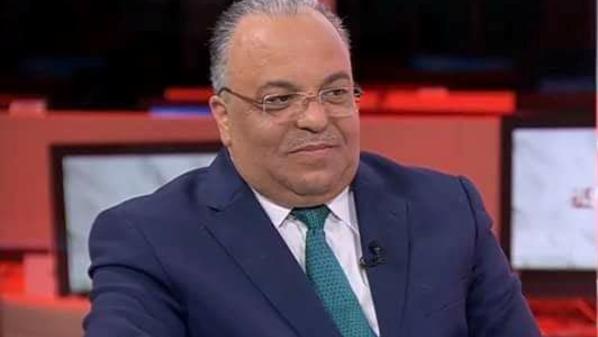
By : Nedal Zubeidi
Jordan Daily – As the U.S. presidential election remains too close to call, analysts are grappling with what a victory for either candidate could mean for American policy in the Middle East.
Political analyst Dr. Monther Howarat, in an interview with Jordan Daily, outlined contrasting visions that Kamala Harris and Donald Trump could bring to the region, with no clear winner yet emerging in the tight race.
According to Dr. Howarat, Vice President Harris would likely continue the policies of President Biden, particularly with regard to Israel, Iran, and U.S. relationships in the Arab world. However, she may seek to distance herself from certain stances taken by Biden, especially on Israel’s military strategy.
Howarat noted that the Biden administration had sought to temper Prime Minister Benjamin Netanyahu’s aggressive approach, particularly towards Iran, preventing any escalation into a full-scale conflict. Harris, he suggested, would follow a similar path of strategic restraint but would remain unwavering in U.S. support for Israel, albeit with certain constraints.
“On the Palestinian issue,” Dr. Howarat said, “Harris’ position will likely mirror Biden’s, maintaining the U.S. commitment to Israel but applying pressure to prevent behavior that could destabilize the region.”
In the Gulf, Harris would maintain Biden’s late-stage shift towards mending relations with Saudi Arabia and the Gulf states, Howarat suggested, emphasizing a diplomatic reengagement after the strain caused by the killing of Jamal Khashoggi and Saudi policies in Yemen.
On Iran, Harris would likely pursue the Democratic Party’s long-standing preference for negotiation rather than confrontation, viewing Iran as a key regional player whose influence should be managed, not entirely dismantled. According to Howarat, the Biden administration’s focus on diplomacy with Tehran, including potential talks on Iran’s nuclear program, would continue under Harris, with no appetite for regime change in Iran.
In contrast, a second Trump presidency, Howarat warned, would take a sharply different course, posing what he described as a “real disaster” for the region. Citing Trump’s close ties with Netanyahu, Howarat predicted that Trump would give the Israeli prime minister free rein to strike Iranian nuclear facilities, leading to a significant escalation of tensions. Howarat referenced past statements by Trump encouraging Netanyahu to target Iran’s nuclear reactor and suggested that such actions could destabilize the entire region.
On the Palestinian question, Howarat emphasized Trump’s lack of a genuine peace plan, instead advocating a fragmented vision of Palestinian autonomy that, in Howarat’s view, falls far short of a viable state. “The Palestinian cause,” he said, “would be reduced to fragmented geography and a pseudo-state under Trump’s policies.”
As for the Gulf, Howarat expressed skepticism about the benefit of a Trump presidency. He argued that Trump’s transactional approach had alienated Gulf leaders, particularly after his failure to retaliate following the attacks on Saudi Aramco by Iranian-backed Houthi rebels. Howarat characterized Trump’s relationship with the Gulf states as one of “systematic manipulation,” where alliances were contingent on financial and strategic concessions to the United States.
On Iran, Dr. Howarat outlined two troubling scenarios under Trump: either Israel would be allowed to launch a military strike on Iran’s nuclear facilities, heightening the risk of war, or, should Iran succeed in acquiring nuclear weapons, Trump would be forced into negotiations with Tehran from a position of relative weakness, as he had with North Korea.
Looking forward, Howarat noted that under a Harris administration, U.S. forces would remain strategically positioned in Syria, Iraq, and Lebanon, and any withdrawal would be carefully managed to avoid creating a vacuum for militant groups backed by Iran to exploit. Trump, by contrast, would encourage rapid U.S. military disengagement without offering a clear alternative, potentially empowering non-state actors and Iranian proxies to gain further influence.
In Jordan, Howarat said, the Democratic Party’s longstanding respect for Jordan’s geopolitical significance would remain unchanged under Harris, ensuring continued support. Trump’s return to office, on the other hand, could destabilize Jordan’s role as a regional mediator, particularly given his dismissive stance toward Palestinian statehood and his broader transactional foreign policy.
Dr. Howarat concluded by emphasizing that, while the region is familiar with both candidates, the stakes have never been higher. A Harris presidency, he suggested, would offer more predictability, while a Trump victory would bring volatility, not only for U.S. relations with Iran but also for the entire region.

